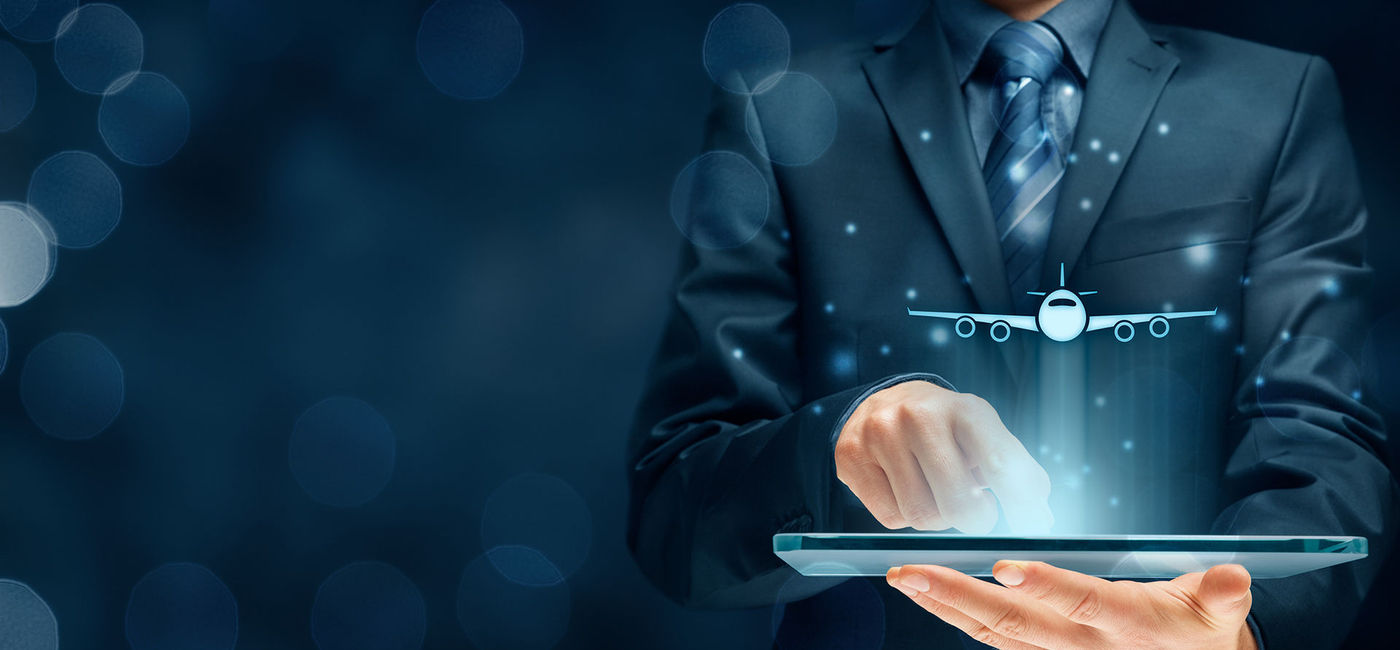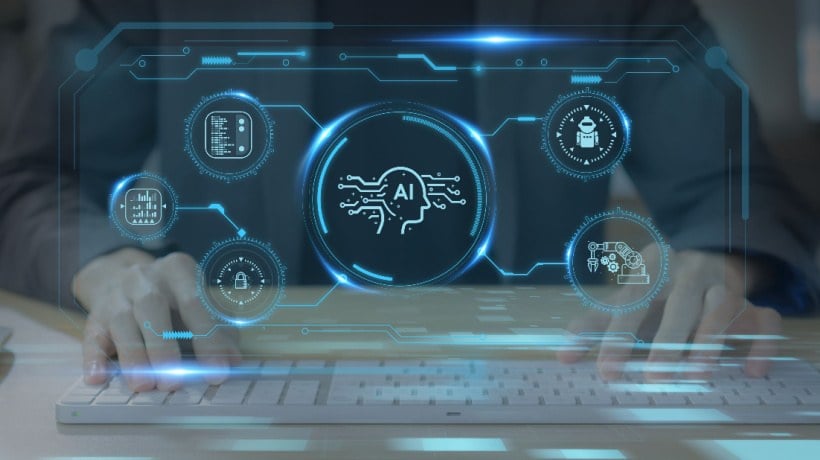
Technology has totally transformed travel planning, transportation, lodging, payments, navigation, and almost every other aspect of the journey. Online booking platforms, location-based services, digital payments, and more allow travelers unparalleled access to information, convenience, and experiences around the world. Nonetheless, the same innovations that introduce new possibilities also pose cybersecurity threats and risks if safeguards are not put in place.
Table of Contents
The Booking Process – Securing Transactions End-to-End
The huge numbers of online travel booking platforms have basically reshaped trip planning and purchases. Industry giants like Expedia, Priceline, and Booking.com, along with ride-sharing services such as Uber and Lyft, have made the most of consumer demand for swiftly booked flights, rental cars, activities, and accommodations with just a couple of taps. But criminals are constantly singling out these sites because of the mass amounts of personal and financial account data entered during the booking process. The fraud prevention team at Outseer tell us that without comprehensive cybersecurity defenses and fraud prevention systems in place, these platforms leave customers severely exposed.
Payment Protection in the Digital Era
Digital payments have, by and large, replaced cash for travel, their efficiency and simplicity supported tremendously by smartphones. Nevertheless, the separation of physical cards from accounts creates an opportunity for payment fraud thanks to system vulnerabilities. Without strict safeguards in place to mitigate risks, digital travel payments remain exposed to interception and manipulation as they change hands from shoppers to merchants.
Solutions spanning tokenization, biometric authentication, mandatory PIN confirmation, and blockchain show a promising ability to bolster protections by removing payment details from transactions, indelibly confirming customers’ identities, adding verification requirements, and decentralizing systems. Even greater advancement lies ahead thanks to artificial intelligence that will be capable of instantaneously analyzing transactions to detect confirmation, location, and cadence anomalies that signal fraud.
Location Services – Convenience at the Cost of Privacy?
Location-based applications have surged in popularity thanks to their power to give users contextual geographical recommendations, from hotels and eateries to events, transportation options, and customized sightseeing routes. Nevertheless, this convenience leads to huge risks thanks to unchecked location data harvesting. Without clear permissions that restrict access, strong data security policies, limited retention periods, and anonymization of records to prevent tracking specific users, location services severely undermine personal privacy while an individual is traveling.
Tech leaders need to prioritize transparent permissions management, letting travelers control when location services toggle on and off. Companies should also mask identifiable details like names and enable functionality to be revoked remotely if a device becomes lost or stolen. Being restrained when it comes to sharing or selling precise location datasets maintains user anonymity. Those showing best practices will earn consumer trust and loyalty over time as travel returns to pre-pandemic levels.
The Public Network Security Challenge
One area rife with threats for travelers is public internet usage, be it at airports, hotels, cafes, or other venues. While free public Wi-Fi offers obvious connection convenience, it commonly lacks the cyber defenses implemented rigorously across enterprise-grade private networks.
To support secure browsing, cybersecurity leaders recommend always using trustworthy virtual private network (VPN) services when connecting to public networks, especially if accessing sensitive accounts like email or banking. The encryption VPNs provide bars third parties from intercepting transmitted data. Additionally, travelers should avoid shopping, entering financial information, or accessing sensitive accounts on public networks entirely without VPN shielding.
Conclusion
Innovation will doubtlessly continue improving, customizing and streamlining all aspects of travel in years ahead. But consumer faith in emerging technologies’ ability to enable seamless and secure journeys hinges on whether cybersecurity and privacy protection manage to keep pace. Fortunately, with proactive investments in strengthening defenses and thoughtful guidance empowering individuals to mitigate avoidable risks, we can rely on technological advances to transport us into new realms of possibility without compromising personal security.




